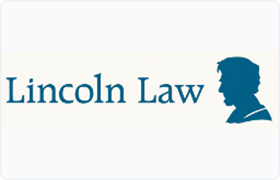Martinez Bankruptcy & Debt Lawyer, California
Sponsored Law Firm
-
 x
x

Click For More Info:
-
Lincoln Law
1525 Contra Costa Blvd Pleasant Hill, CA 94523» view mapBankruptcy & Debt Committed to Our Clients
Lincoln Law was established to provide relief to those in debt. We've helped thousands of families regain control of their finances and live debt-free again.
801-224-8282
Heidi Aileen Coad
Commercial Real Estate, Litigation, Divorce & Family Law, Bankruptcy & Debt
Status: In Good Standing Licensed: 32 Years
Stewart Daniel Rine
Litigation, Contract, Credit & Debt, Personal Injury
Status: In Good Standing Licensed: 45 Years
 Carl Gustafson Pleasant Hill, CA
Carl Gustafson Pleasant Hill, CA
